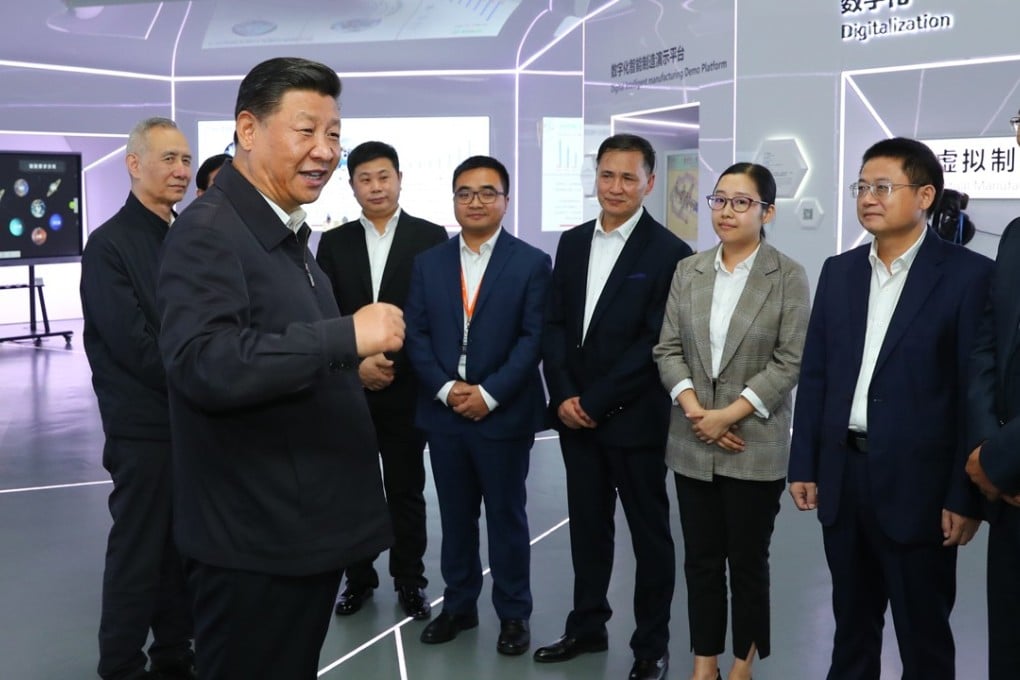Opinion | Chinese Communist Party needs to curtail its presence in private businesses
- Zhang Lin writes that China’s private enterprises are becoming more like state-owned ones as they set up internal party cells and other political organisations
- Reducing Communist Party interference could help increase efficiency

China’s large privately owned firms are becoming more like state-owned enterprises, as many in recent years have implanted in their businesses cells of the Communist Party, the Communism Youth League and even discipline inspection committees.
The party’s organisation department found that 68 per cent of China’s non-state enterprises had set up party cells by the end of 2016, and that 70 per cent of foreign-funded firms in China had also done so. The ratio is even higher now given the party promotion that has taken place over the past two years.
The proportion is higher in large-scale internet companies. Nearly all of China’s listed internet firms have set up party committees. Senior executives were appointed to serve simultaneously as leaders of the party organisation.
It may seem strange that internet firms show the highest political loyalty in China, for most online commerce and services are apolitical. But it’s exactly for that reason that private entrepreneurs need to prove their loyalty and gain support from the party by showing that they can serve the party’s political course.
Watch: China’s economy is slowing, but by how much?
This spread of party cells in private firms is not a good development, for either politics or business.
